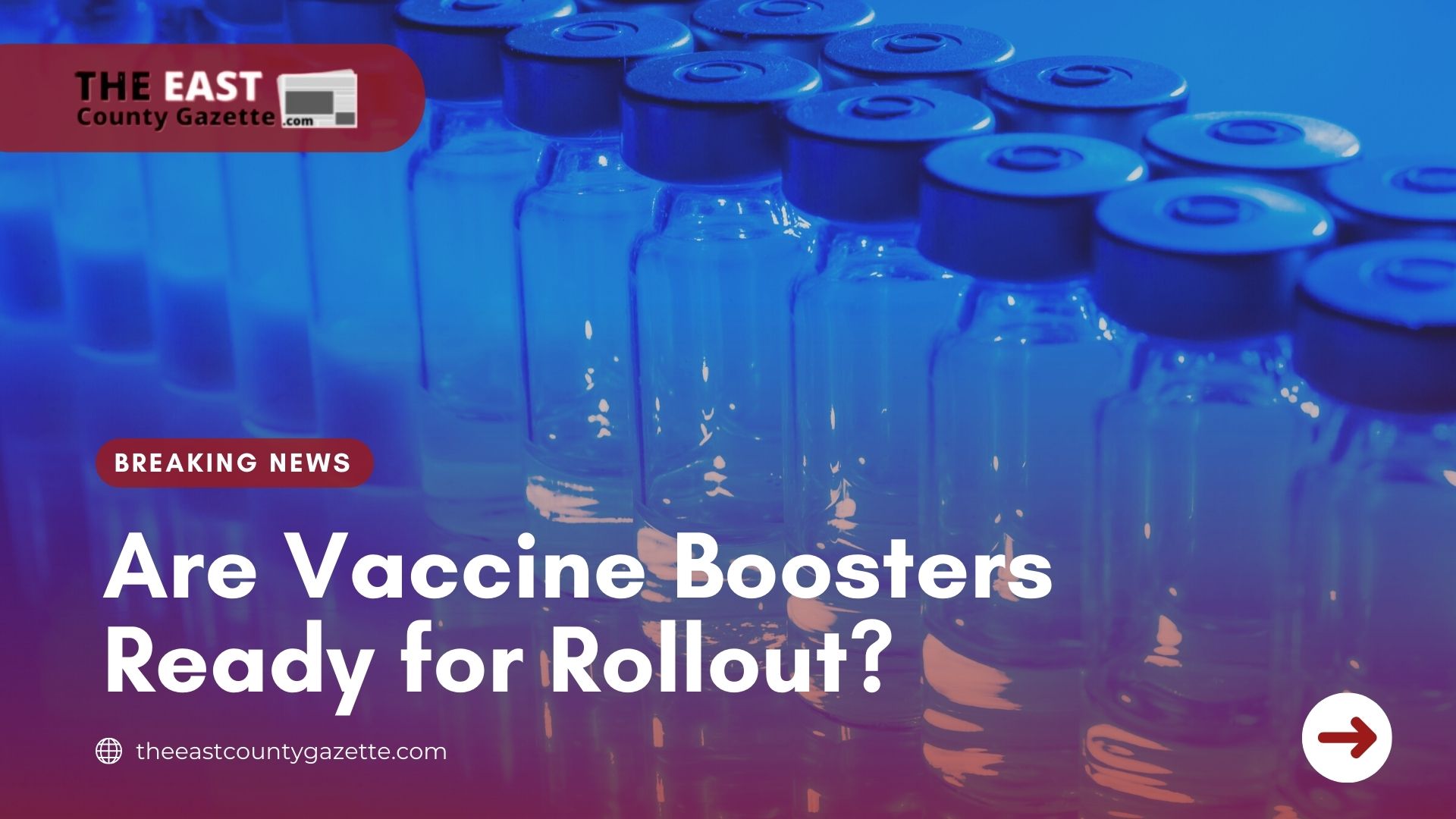Out of three vaccine manufacturers– Moderna, Johnson and Johnson, and Pfizer-BioNTech, only the latter is due a September rollout for booster shots in the United States.
This is due to Pfizer-BioNTech being the only manufacturer to submit accurate data that would allow the rollout of their vaccine booster as soon as possible. Moderna’s data was not up to pa, while Johnson and Johnson has not submitted any data at all.
However, this means that the rest of the vaccines excluding Pfizer-BioNTech will likely miss the target date of the booster shot rollout on September 20, after a statement was signed by experienced federal health officials Woodcock, Walensky, and President Joe Biden’s top medical adviser Dr. Anthony Fauci saying the boosters must be ready on that date.
The statement was signed on August 18 which says that American health units were prepared to offer booster shots for all Americans eight months after their second dose, after approval and recommendation from the Food and Drug Administration (FDA) and the Center for Disease Control (CDC).
Israel has previously approved booster shots in July to immunocompromised groups and some countries such as Germany and China have followed suit.
However, not everyone approves of these booster shots.
World Health Organization Director-General Tedros Adhanom Ghebreyesus urged countries during a news conference in Hungary to cease booster rollouts as poorer countries have not even gotten a first or second dose while wealthier countries are now offering a third.
The WHO leader notes that 75% of the 4.8 billion vaccine doses that have been delivered to date have gone to just 10 countries and points out that even if these wealthier countries get booster shots, mutations of the virus may persist in poorer countries making them more transmissible and devaluing the efficacy of vaccines.
He pleads to richer countries to “give what could be used for a first or second dose” to other countries that need them.
Science seems to have backed up Director-General Ghebreyesus’ claim. A study published in the Science journal last week backed up Ghebreyesus’ suggestion that hoarding vaccination supplies could lead to new, possibly more dangerous variants of the virus and an increasing number of Covid-19 infections.
Recommended Read: FDA Approves Pfizer Vaccine. Are You Still Hesitant to Get a Shot?
Researchers found that sharing vaccine supplies could help alleviate long-term risks, reducing the overall number of cases long-term.
In the US, around 166,654,374, or 51% of the population have already been vaccinated. In South Africa, 5,601,878 have been fully vaccinated, which is only 9% of the population.

